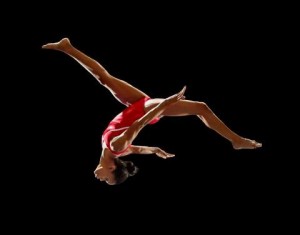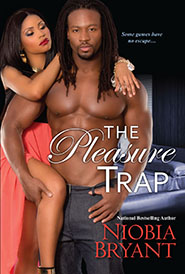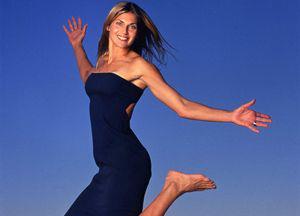She’s all of 4’11 and 90 pounds, but that didn’t keep 16-year-old Gabrielle Douglas from making history: while millions watched her every move,the 2012 Olympic gymnast personified her nickname of “The Flying Squirrel” by executing flawless form and control on the uneven bars, becoming the first American gymnast to win both the team and individual all-around gold medal and the first African-American woman to claim those victories at the same event.
And as Ms. Douglas represented the United States on that competition floor, draped in awards as tears of joy streamed down her cheeks, social media was instantly abuzz about her inspiring journey, the years of dedication and sacrifice…..and her hair.
I kid you not.
Instead of marveling at this young woman’s achievements and expressing pride in the record-breaking results, some petty peers actually used Facebook and Twitter to pontificate on her less-than-immaculate hairstyle. Here are just a few of the crass comments: “She needs a hair intervention.” “Where’s her gel and hairbrush?” “Is that the best they could do? How can she represent us looking like that?”
Un. Real.
All of the criticism about her coif—a standard-issue ponytail with its loose ends secured with clips and hair gel— mystified the Olympian gymast. “What’s wrong with my hair?” she rhetorically asked a USA Today sports blogger. “I’m like, ‘I just made history and people are focusing on my hair?’ You might as well stop talking about it….it’s kind of stupid and crazy, I don’t think people should be worried about that.”
Ms. Douglas is right: as long as her tresses don’t hinderconcentration while she’s performing routines, how neat her hair looks at everymoment should be the least of her concerns. However, when you belong to a raceof people who’ve been ridiculed throughout history for their kinkier hair texture, even outstanding accomplishments become secondary to the insecure and their warped perception of what’s attractive and presentable. The most controversial aspect of the insults was the main source of them: other black women, the very ones who should’ve related most to unflinching judgment and impossible standards. 
I wish I could say thatthe remarks were surprising, but to keep it real, I’ve heard similar ones directed at me in simply because I opt to keep my mane—and the ones belonging to my daughters— in a chemical-free state. Although more and more Black women are forgoing relaxers, a few of the ones who prefer theirs straight can’t comprehend why I don’t do the same. A typical exchange goes like this: “Girl,you don’t have a weave? That’s all your hair?” “Yes.” “That stuff is thick: I betchu’ it would be really long/prettyif you straightened it.”
As if that presently wasn’t the case.
Even the girls aren’t immune: I was advised by a completes tranger, during a funeral no less, to relax Nia’s hair. The irony was that she was dispensing this ‘advice’ while wearing a wig, her own hair apparently dissolvedby the same corrosive chemicals she was recommending for my child’s tender scalp.
I guess the ultimate lesson is about priorities: sure,Gabrielle Douglas wasn’t ready to model for a Dark’N’ Lovely magazine ad, but even before graduating from high school, she’s an Olympic winner that will earn millions in endorsement deals and already has a place in the record books, a shining example for young and old about believing in themselves and their abilities. Meanwhile, her critics may have the fresher hair-do’s, but they’re also sitting around, juggling bills and living obscure, ordinary lives.
Good thing Douglas’ mom taught the champion that the former is a much better look.



